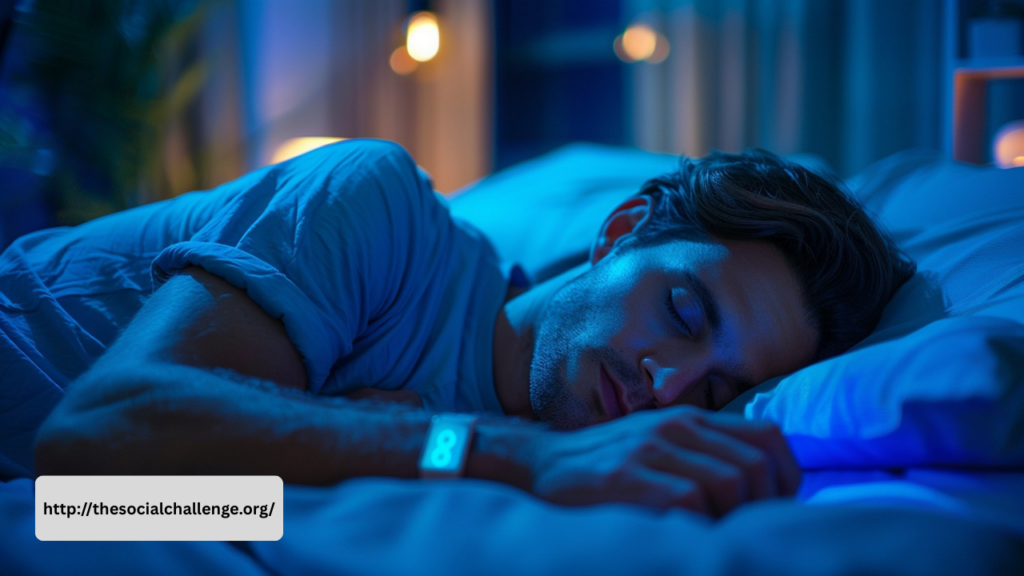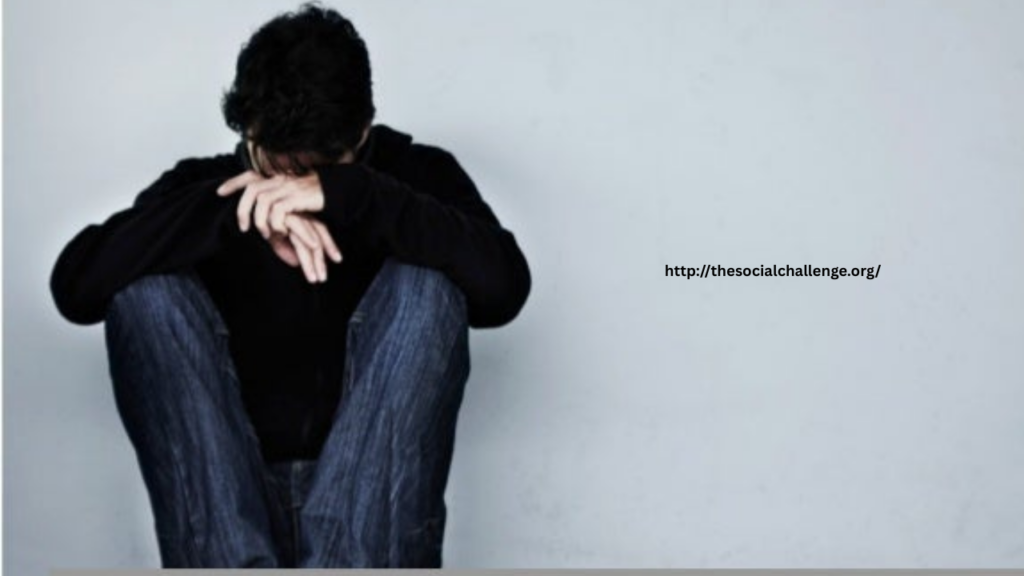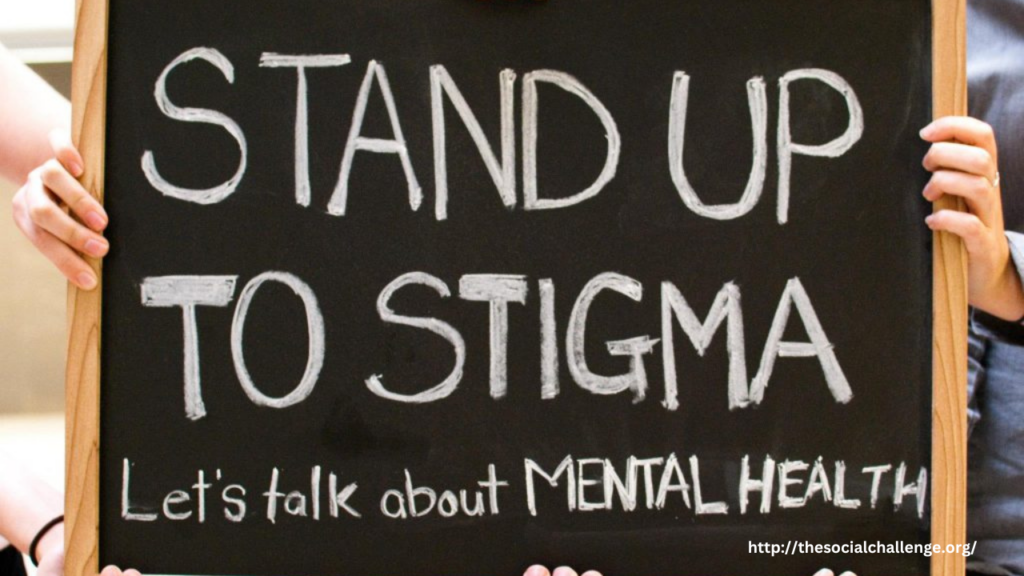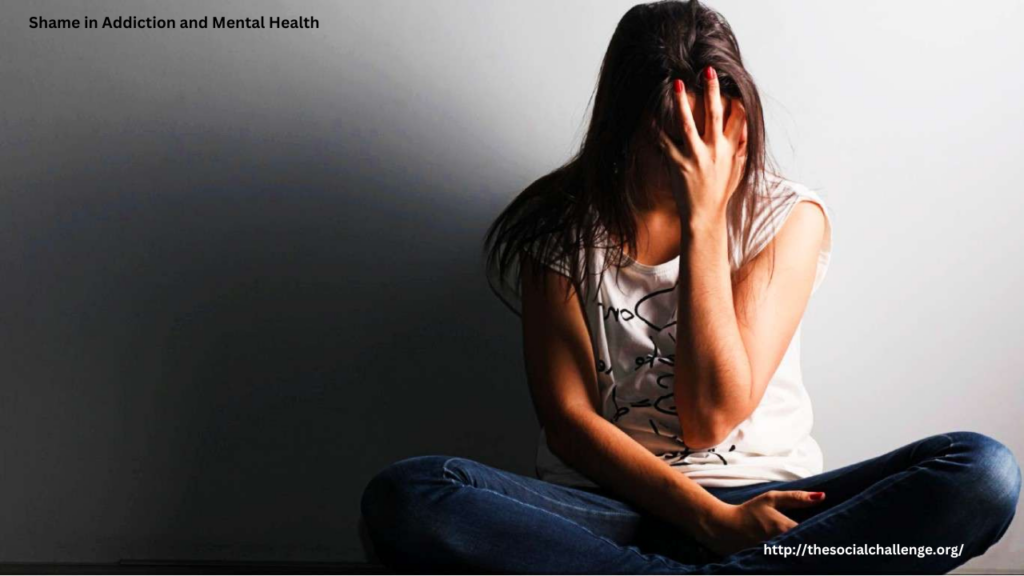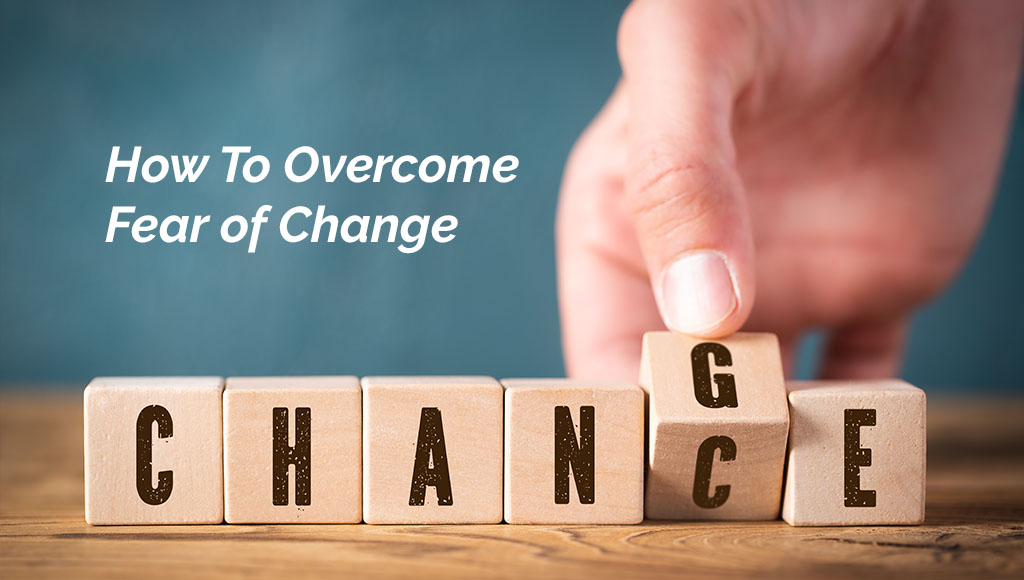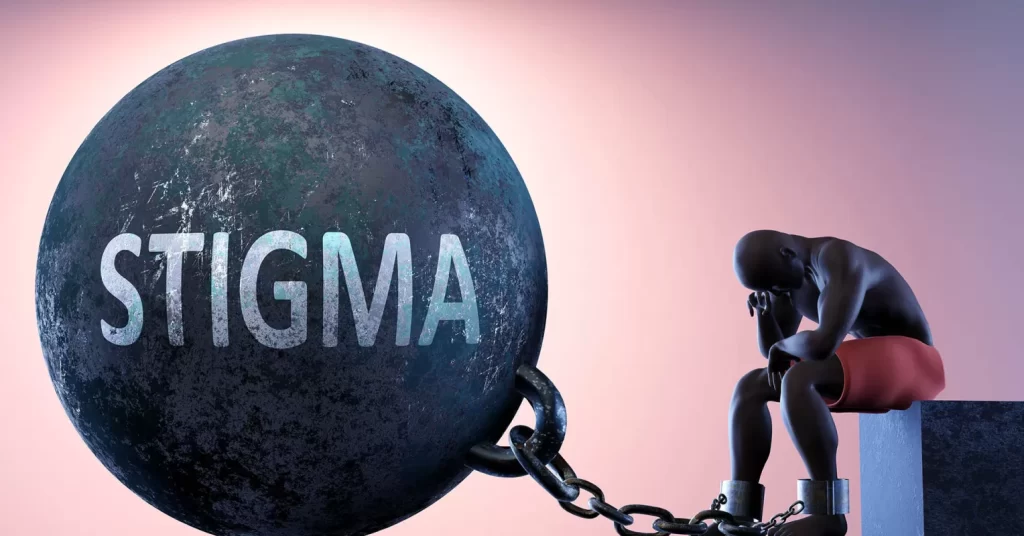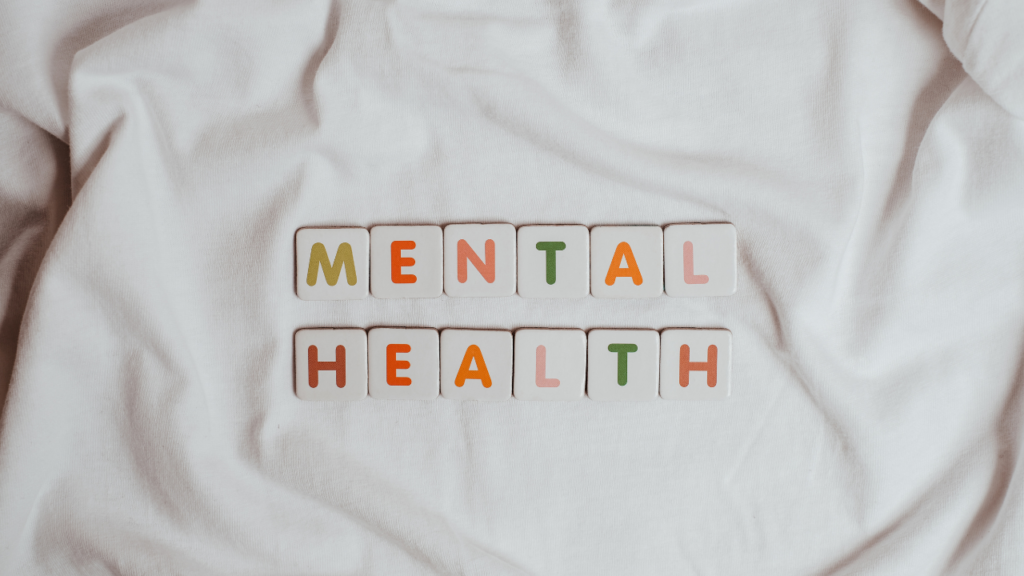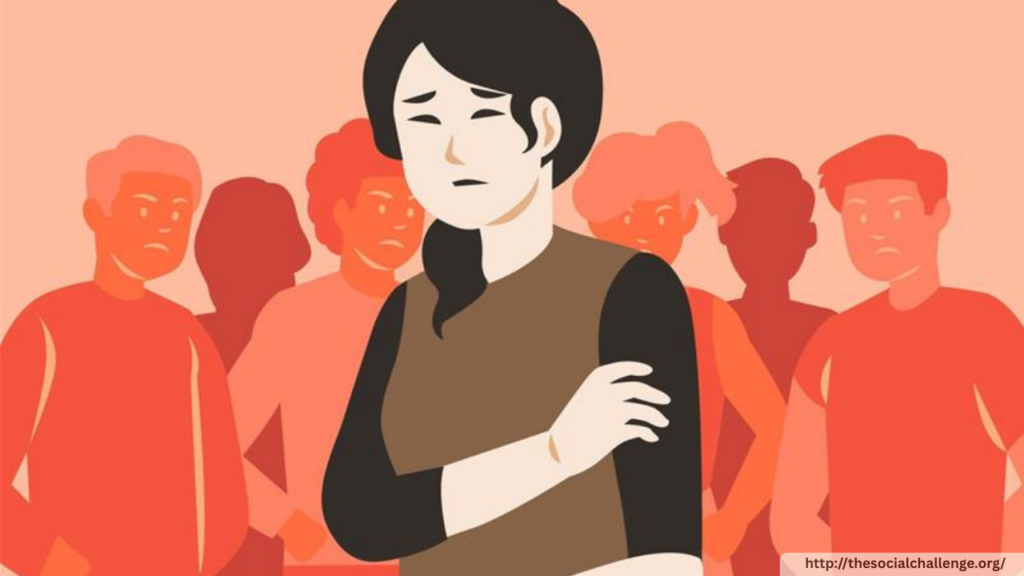
Addiction is a complex and deeply personal struggle, but for millions of people, the journey toward recovery is made even more difficult by an invisible barrier: stigma. Social bias against individuals with addiction doesn’t just hurt feelings—it has real and lasting consequences. It discourages people from seeking help, limits access to treatment, fuels discrimination, and reinforces cycles of shame and isolation. The cost of stigma is high, and until we confront it head-on, recovery will remain out of reach for many who desperately need support.
Stigma as a Barrier to Seeking Help
One of the most damaging effects of stigma is the way it discourages individuals from asking for help. Society often views addiction as a moral failing, a weakness, or a lifestyle choice rather than a medical condition. This perception creates a culture of blame, where those struggling with substance use disorders are treated with suspicion, shame, or even contempt. As a result, many people hide their addiction for fear of being judged or rejected.
When individuals are too ashamed to talk about their problems or access care, they often delay treatment until their situation becomes critical. Early intervention is key in effective recovery, but stigma drives people to suffer in silence—making the road to recovery longer, harder, and more dangerous.
Limited Access to Treatment and Support
Stigma doesn’t just affect personal decisions; it also shapes public policy and institutional behavior. Many healthcare systems are underfunded or poorly equipped to deal with addiction, partly because of lingering societal attitudes that prioritize punishment over rehabilitation. People with addiction may face judgmental healthcare providers, inadequate insurance coverage for treatment, or legal consequences that interfere with their ability to get care.
In some cases, individuals are denied housing, jobs, or even custody of their children due to their history of substance use, regardless of their efforts to recover. These systemic barriers reflect a deep bias that sees people with addiction as less deserving of compassion, opportunity, and dignity. This not only undermines recovery efforts but also perpetuates cycles of poverty, instability, and relapse.
The Emotional Toll of Social Judgment
Beyond the structural challenges, stigma takes an emotional toll. Internalized shame can erode self-esteem and lead to mental health issues such as depression and anxiety. People in recovery often struggle with the fear of being labeled or excluded, which can make it difficult to form healthy relationships or reintegrate into society.
This emotional burden can lead to a sense of hopelessness, where individuals begin to believe the negative things society says about them. Recovery requires a belief in change, and stigma often crushes that belief before it can take root.
Breaking the Cycle of Stigma
The good news is that stigma is not permanent—it’s a product of misunderstanding, and it can be changed. Through education, open dialogue, and inclusive policies, we can reshape how society views addiction. When we listen to the stories of people in recovery, highlight their successes, and treat addiction as a health issue rather than a crime, we create a foundation for healing.
The cost of stigma is too high to ignore. It keeps people sick, isolated, and excluded from the very resources that could save their lives. But with empathy, understanding, and systemic change, we can break down the barriers that hinder recovery and build a society where healing is possible for all.
